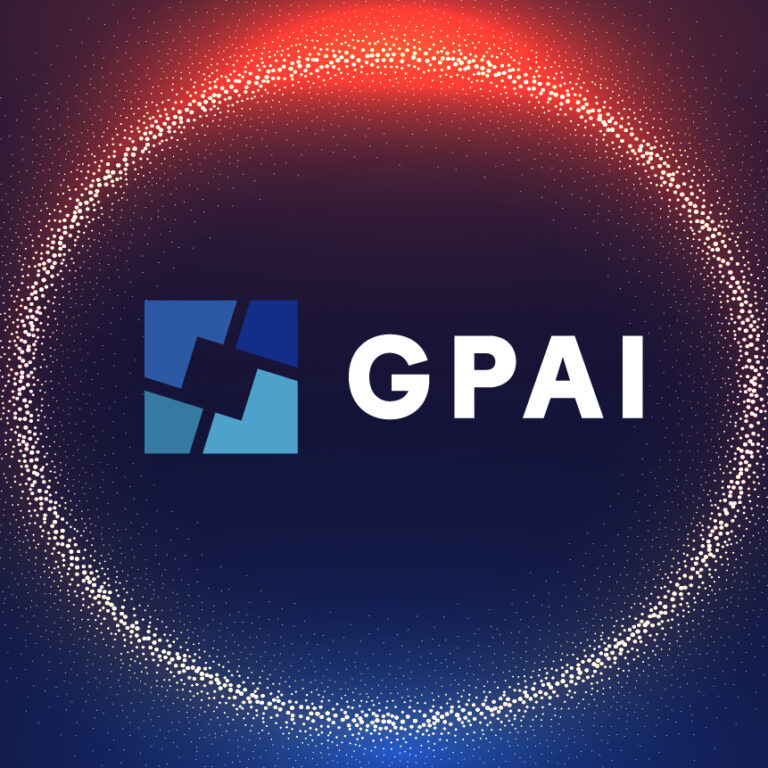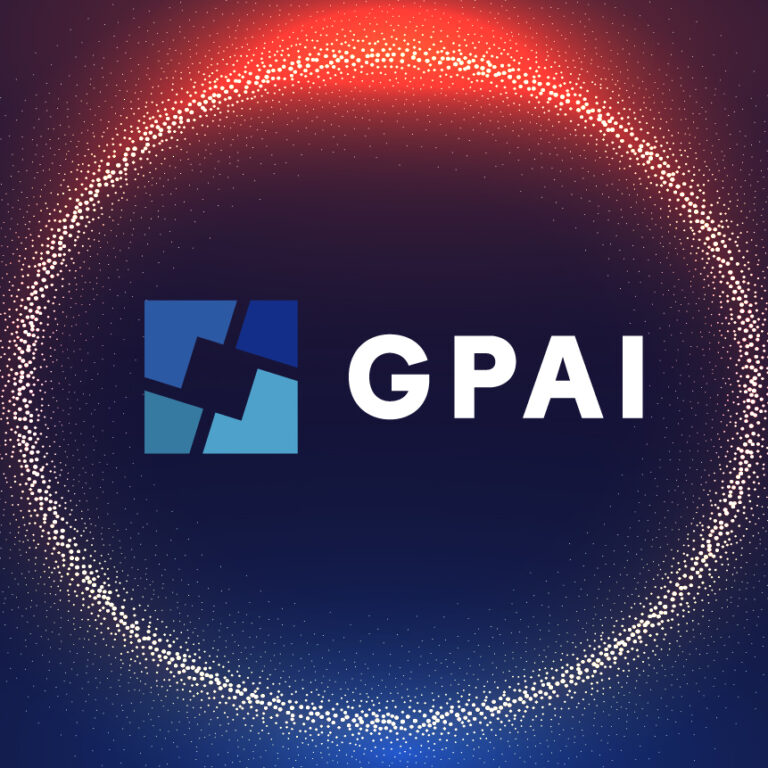The GPAI Innovation and Commercialization Working Group has developed a model for a portal designed to connect SMEs with AI solution providers.
So what is the best way to help SMEs get on the AI train? That was one of the questions that the experts on the GPAI Innovation and Commercialization working group set out to answer this year as part of the Broad adoption of AI by SMEs project. “SMEs are essentially focused on their business activities”, explains working group co-chair Françoise Soulié-Fogelman. “They have neither the time nor the resources required to involve themselves in this new technology”. Nevertheless, SMEs provide 80-90% of all jobs and generate 70-75% of GDP, depending on the country concerned. “The idea here is to help them take that first step towards the adoption of AI,” continues the co-chair.
The expert members of the working group already have a significant level of knowledge and experience of this issue, as in Singapore, through their work with the national AI Singapore programme supported by the National Research Foundation and hosted by the National University of Singapore. However, Germany and France are also making valuable contributions through national initiatives like PackIA, which is run jointly by Hub France IA and IMT TeraLab in the Île-de-France region. “This three-month scheme is being rolled out with the help of a grant covering 50% of the €37,000 overall budget”, continues Françoise Soulié-Fogelman, who is also a stakeholder in this project.
So working within the framework provided by GPAI, these experts have been able to build on previous experience to create a model of a portal containing shared resources. The programme includes a package of activities designed to raise awareness of AI-related issues for companies unfamiliar with this technology, as well as a keyword-based profile matching service to connect SMEs, as potential consumers of AI, with AI solution providers. “This model has been designed so that member countries can download it, adapt it, localise it, and use a shared set of materials and resources to build and operate their own local portals”, explains Françoise Soulié-Fogelman.
As part of this project, each working group expert began collecting AI solutions that were then used to build a catalogue indexed vertically by industry and functions for their respective countries. “This catalogue is based on real-life use cases and success stories from companies that speak for themselves with the aim of inspiring SMEs to investigate the potential of applying AI to their businesses”, concludes the co-chair. Next year, the working group will focus on the vertical structuring of the portal, with the first project concentrating on agriculture and the farming sector.



